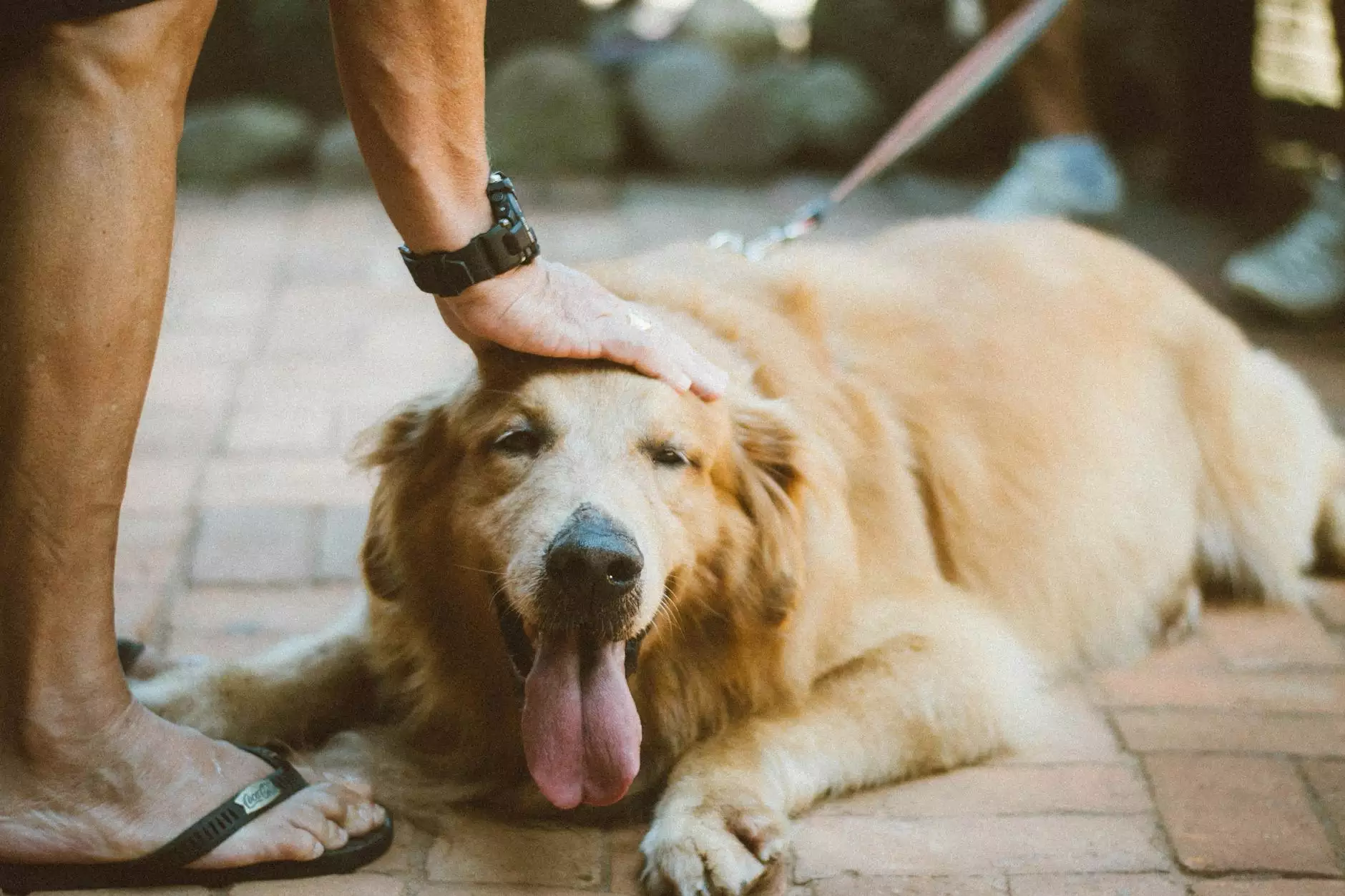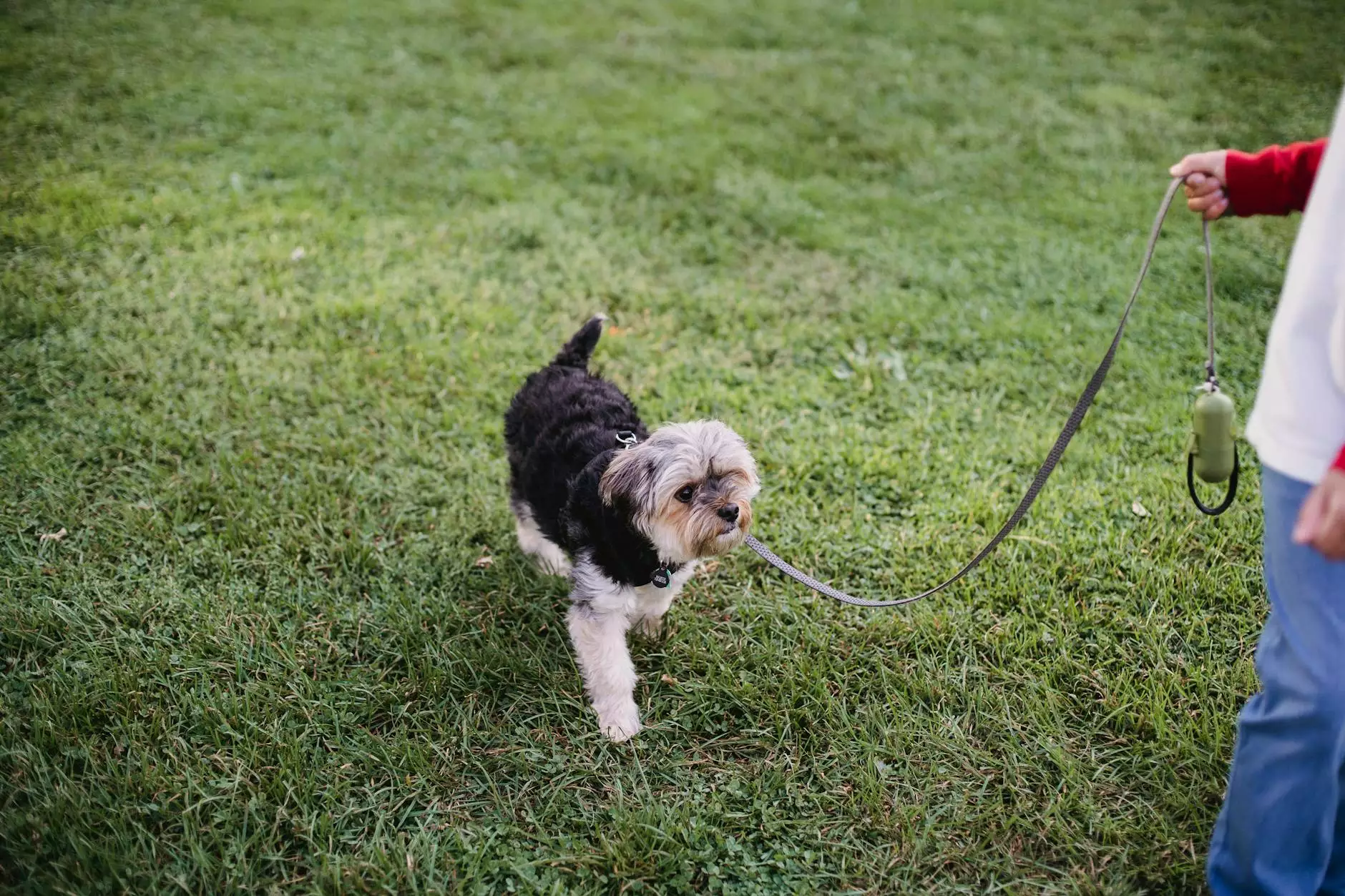Stay on Top of Your Dog's Schedule with a Calendar
Blog
Welcome to the Rosey Dog Care blog, where we share valuable insights, tips, and advice on all things related to pet care. In this article, we will discuss the importance of incorporating a calendar into your dog's routine to help you stay organized and ensure your furry friend receives the attention and care they deserve.
The Benefits of Using a Calendar for Your Dog
A well-structured calendar not only aids in managing your own schedule but also plays a crucial role in your dog's life. Here are some key benefits of using a calendar for your beloved pet:
- Establishing a Routine: Dogs thrive on routine, and having a calendar helps set a consistent daily schedule, including feeding times, walks, playtime, and training sessions. Implementing structure in their lives can lead to a happier and healthier pet.
- Medical Reminders: A calendar allows you to keep track of essential medical appointments, such as vaccinations, check-ups, and preventive treatments for fleas, ticks, and heartworms. Regular veterinary care is crucial for your dog's overall well-being and longevity.
- Socialization Opportunities: Participating in dog-friendly events, obedience classes, or meetups can have a positive impact on your dog's social skills. By marking these events on your calendar, you can ensure that your dog gets plenty of opportunities to socialize with other dogs and humans.
- Training Sessions: Consistency is key when it comes to training your dog. By scheduling regular training sessions and marking them on your calendar, you can reinforce good behavior and work on overcoming any challenges together.
How to Create an Effective Dog Calendar
Creating an effective dog calendar requires careful planning and organization. Follow these steps to ensure your calendar is not only comprehensive but also tailored to your dog's specific needs:
Step 1: Set Clear Goals
Start by determining your goals for your dog's overall well-being. Are you working on obedience training, providing mental stimulation, or monitoring their nutrition? Defining your objectives will help you identify the activities and events that should be included in your dog's calendar.
Step 2: Consider Daily Activities
List your dog's daily activities, such as feeding times, exercise routines, and play sessions. Remember to include the duration and intensity of each activity to ensure your dog receives an appropriate balance of mental and physical stimulation.
Step 3: Mark Important Dates
Mark important dates, including veterinary appointments, grooming sessions, and any upcoming events or activities specific to your dog's breed or age group. Staying on top of these dates will ensure your dog's health and happiness.
Step 4: Plan Training Sessions
Schedule regular training sessions to reinforce positive behavior and address any behavioral issues your dog may have. Consistency is key, so set aside dedicated time for training and mark it on your calendar.
Step 5: Incorporate Socialization Opportunities
Research local dog-friendly events, parks, or meetup groups and mark them on your calendar. Socialization is vital for your dog's well-being and helps prevent behavioral problems. Make sure to expose your dog to different environments, people, and other dogs.
Conclusion
A well-planned and organized calendar is a valuable tool for dog owners. It helps maintain a structured routine, ensures your dog receives essential medical care, aids in training and socialization, and promotes their overall well-being. By incorporating our calendar tips and staying on top of your dog's schedule, you can provide the best care for your furry friend.
At Rosey Dog Care, we specialize in providing premium pet food and supplies to ensure your dog's dietary needs are met. Explore our selection of high-quality products and discover why we are the leading pet food and supplies provider in San Diego.










